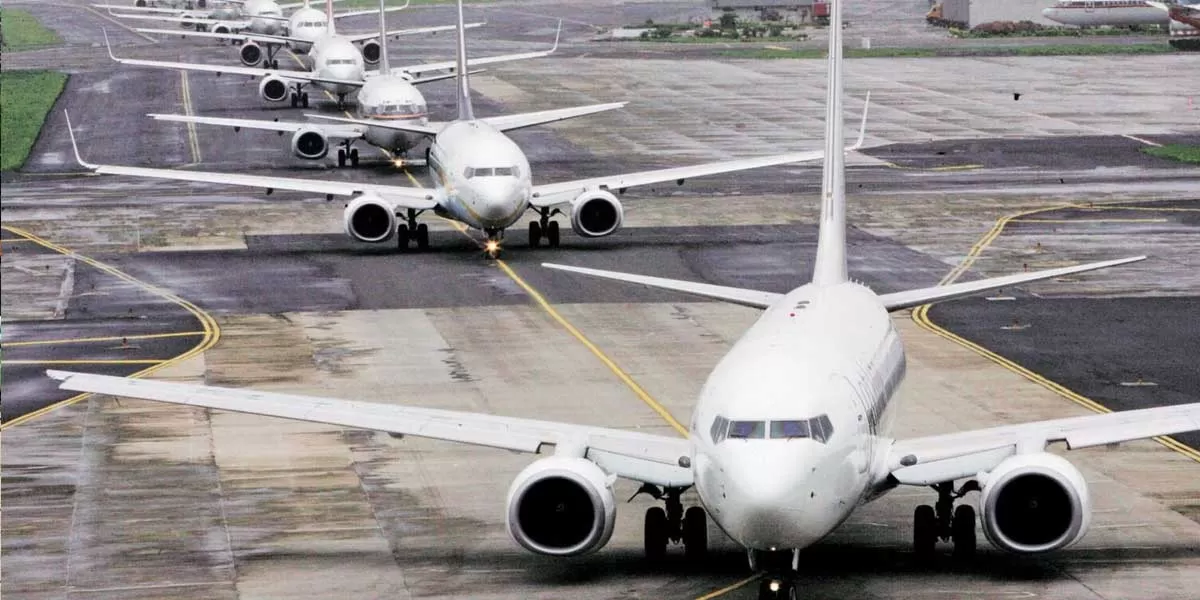

India to Form Consortium, Launch Bharat Shipping Line to Boost Trade Ties
India plans to establish a consortium involving equity participation by public sector enterprises to bid for operating overseas port asset. The stakeholders in this entity, tentatively named Bharat Global, will include the Indian Port Rail & Ropeway Corporation, Sagarmala Development Company, and the Shipping Corporation of India (SCI). A senior official remarked, “The consortium will replicate the Chabahar port model in other strategic locations.” India also plans to operationalise Bharat Container Shipping Line as a vertical within SCI to mitigate global trade disruptions. The move ali..

ISTS-TBCB Projects Award Rs1 Trillion in 9MFY25
India Ratings and Research (Ind-Ra) has maintained a Stable rating outlook for transmission projects for FY26, supported by consistent regulations and expectations of steady operational performance. The agency highlighted significant capital expenditure plans and project awards during the first nine months of FY25 as major positives for the sector. Among 58 commissioned projects, only eight were completed on schedule, while the rest experienced an average delay of nine months. The Central Electricity Regulatory Commission (CERC) has been granting time extensions for delays caused by force ma..

NTPC Group Reaches 350 BU Mark in 295 Days, 11 Days Before FY24
NTPC Group has set a new record in power generation, achieving 350 Billion Units (BU) of electricity production in the financial year 2024-25. This milestone was reached on January 20, 2025, marking the fastest accomplishment of this scale in the company’s history. It was achieved in just 295 days, which is 11 days earlier than the same milestone achieved in the previous financial year on January 31, 2024. The company boasts an installed capacity of 76.5 GW and has 29.5 GW of capacity under construction. This includes 9.6 GW of renewable energy projects, highlighting NTPC's focus on clean e..














